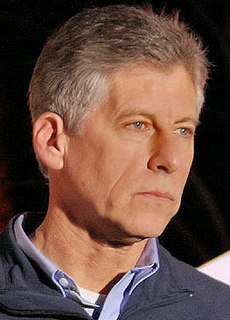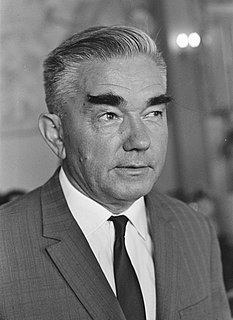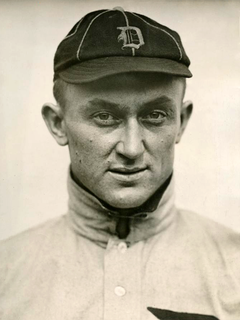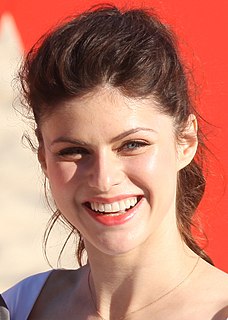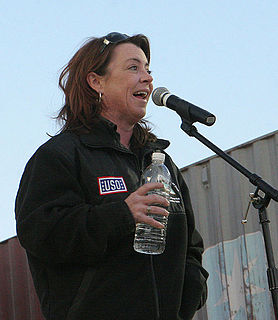A Quote by Mark Fuhrman
A working detective has no hope of understanding what even experts who devote their lives to the study of criminal psychology can't figure out.
Related Quotes
Some fundamentalists go so far as to reject psychology as a disciplined study, which is unfortunate and polarizing. By definition, psychology is the study of the soul, theology is the study of God. Generally speaking, systematic theology is a study of all the essential doctrines of faith, and that would include the study of our souls (psychology).
The longer I live, the longer I realize that batting is more a mental matter than it is physical. The ability to grasp the bat, swing at the proper time, take a proper stance; all these are elemental. Batting is rather a study in psychology, a sizing up of a pitcher and catcher and observing little details that are of immense importance. It's like the study of crime, the work of a detective as he picks up clues.
In existing criminology there are concepts: a criminal man, a criminal profession, a criminal society, a criminal sect, and a criminal tribe, but there is no concept of a criminal state, or a criminal government, or criminal legislation. Consequently what is often regarded as "political" activity is in fact a criminal activity.
I often use detective elements in my books. I love detective novels. But I also think science fiction and detective stories are very close and friendly genres, which shows in the books by Isaac Asimov, John Brunner, and Glen Cook. However, whilst even a tiny drop of science fiction may harm a detective story, a little detective element benefits science fiction. Such a strange puzzle.
